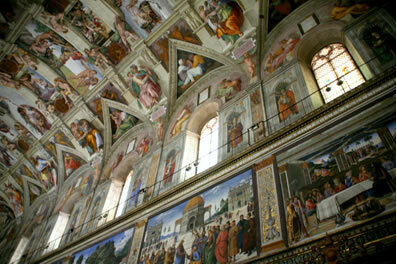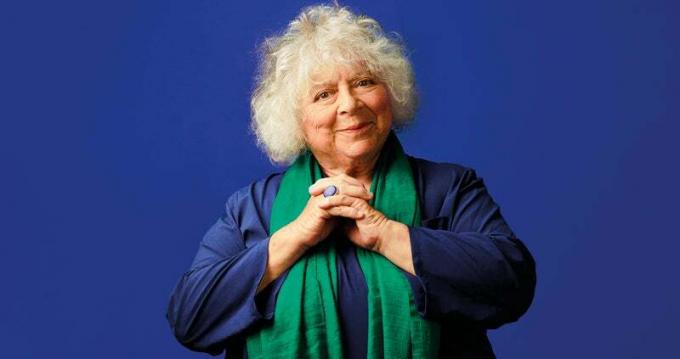Located in the northern part of the city of Rome, capital of Italy, the Vatican is the smallest country in the world. It is the seat of the Catholic Church and the official residence of the Pope. His name is a reference to one of the seven hills of the Italian capital.
The population of the Vatican is made up only of members of the Catholic Church and the select Swiss guard. However, the country receives thousands of tourists daily, the main attraction being the frescoes with scenes from the Old Testament, painted by Michelangelo on the ceiling of the Sistine Chapel. The Vatican supports itself with donations, capital investments and income from tourism.

Sistine Chapel Ceiling
The territory comprising the Vatican was donated by Pepino (king of the Franks) in 756 d. Ç. for the Catholic Church. However, the Vatican State was officially constituted through the Lateran Treaty, signed on February 11, 1929. Italian dictator Benito Mussolini and Pope Pius XI signed the Lateran Treaty and the Concordat. According to the first, Italy recognized the sovereignty of the Holy See over the Vatican and granted compensation for territorial losses. The Concordat Treaty made Catholicism the official religion of Italy, a condition revoked only in 1984.
After the official creation of the Vatican State, seven popes passed the Throne of St. Peter. Currently, the head of the Vatican State is the German Pope Benedict XVI, whose original name is Joseph Ratzinger.

Vatican Coat of Arms
Vatican Data:
Territorial extension: 0.44 km².
Location: Europe.
Capital: Vatican City.
Climate: Mediterranean.
Government: Papacy for life.
Administrative division: Holy See (supreme body of the Catholic Church) and Vatican City (headquarters of the Church).
Languages: Italian and Latin.
Religion: Christianity 100% (Catholic 98%, no affiliation 2%).
Population: 798 inhabitants. (Men: 529; Women: 269).
Demographic density: 1,813 inhab/km².
Average annual population growth rate: - 0.1%.
Population residing in urban areas: 100%.
Households with access to drinking water: 100%.
Households with access to a health network: 100%.
Euro currency.
By Wagner de Cerqueira and Francisco
Graduated in Geography
Brazil School Team
countries - geography - Brazil School



